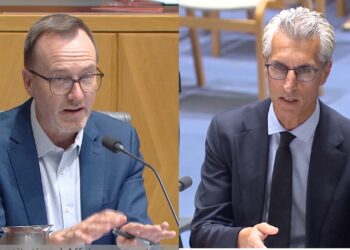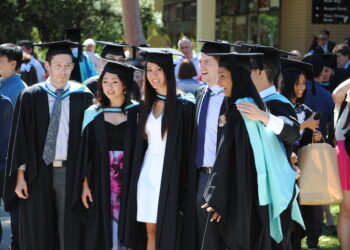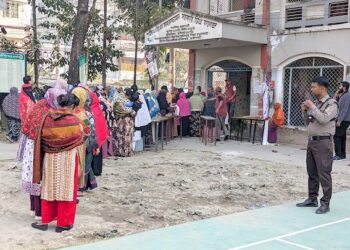Swedish academic and political commentator Ashok Swain has stirred conversation on social media after raising concerns over the political resurgence of an individual convicted in one of India’s most disturbing hate crimes. In a post on X (formerly Twitter), Swain criticised what he described as a “Hindutva terrorist” now participating in India’s electoral process, despite a history of violent extremism.
The individual in question, though not named in the post, is widely believed to be linked to the 1999 murder of Australian missionary Graham Staines and his two young sons, who were burned alive while sleeping in their vehicle in Odisha. The heinous act had drawn international condemnation and was a watershed moment in India’s discourse on religious violence.
Silence from Liberal Voices
Swain’s post did not merely target the individual’s candidacy. It was also a strong indictment of India’s liberal establishment, including progressive media outlets, YouTubers, and civil society figures, who he claims have failed to highlight or condemn the development.
“There is deafening silence from those who would usually champion justice,” Swain wrote, calling it a failure of moral responsibility.
Political and Social Implications
The return of individuals linked to past violence into mainstream politics is not new, but it remains deeply controversial—especially when such figures are involved in cases that once shocked the conscience of the nation. Critics argue that this trend reflects a larger erosion of accountability and democratic values, where even those with violent histories can be rehabilitated politically if they align with dominant ideological forces.
Swain’s remarks have reignited debate over how history, memory, and justice are treated in India’s public discourse—especially in the run-up to elections where narratives are often shaped more by identity than accountability.
Final Word
As India enters another high-stakes election season, Swain’s post is a reminder of the long shadows cast by unresolved crimes and selective outrage. Whether or not the mainstream media and public figures respond to his call-out remains to be seen—but the questions raised are as uncomfortable as they are urgent.











